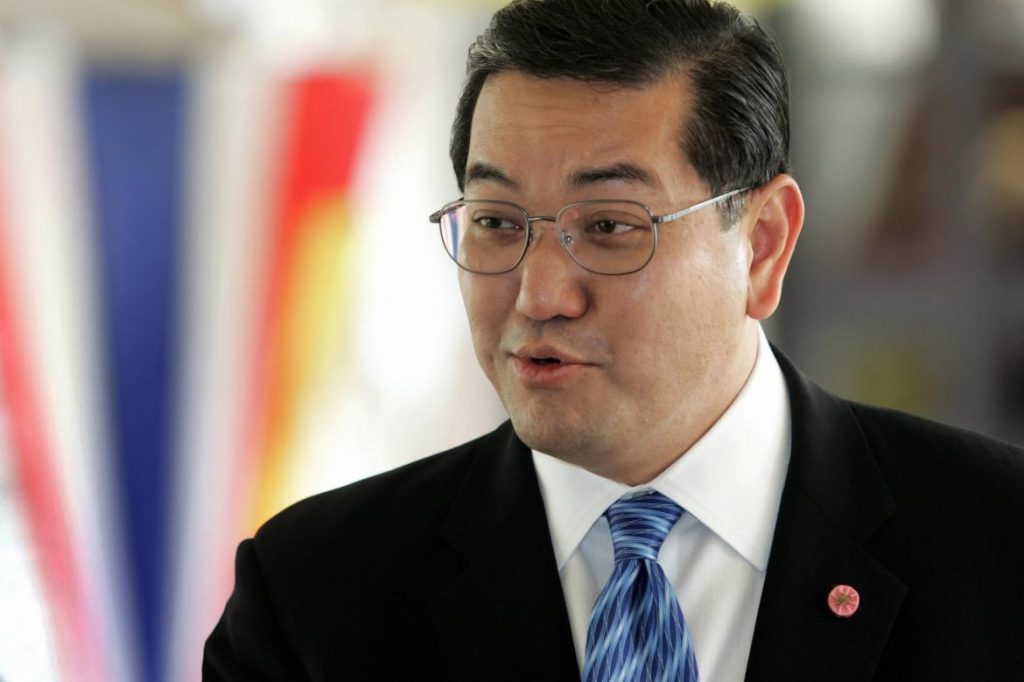The United Nations refugee agency should take part in the early stages of repatriating and resettling refugees from Bangladesh, says the head of an international advisory panel on the Rakhine crisis.
The suggestion by former Thai foreign minister, Mr Surakiart Sathirathai, in an interview with the Bangkok Post on February 14, came
a day after the head of the UNHCR said its offer to provide support to Myanmar and Bangladesh for repatriations remained open.
Surakiart dismissed the claim by veteran American politician Mr Bill Richardson when he resigned from the panel last month that it “was set up to whitewash the alleged crimes by the Myanmar government”.
Surakiart also said he believed that Myanmar State Counsellor Daw Aung San Suu Kyi was sincere and determined to resolve the crisis but “still has constraints … because she has no control of military affairs”.
Support more independent journalism like this. Sign up to be a Frontier member.
The international board headed by Surakiart was set up last year to advise a committee formed by the government to oversee implementation of recommendations made by the commission on Rakhine headed by former UN secretary-general, Mr Kofi Annan.
Surakiart, who met the State Counsellor on August 9 last year in his capacity as chairman of the ASEAN Peace and Reconciliation Council, said he accepted her offer to chair the panel because he wanted to contribute to peace.
“We cannot solve all the problems,” Surakiart told the Bangkok Post, stressing that the nine-member board was not a fact-finding committee.
“We can only give advice on how to implement the recommendations of the Annan panel,” he said.
“The Annan panel came up with 16 [sic] recommendations which include education, fostering good relations with Bangladesh and ASEAN and public health for migrants. The Myanmar government agreed with the panel, but the Myanmar military did not.”
Surakiart said Aung San Suu Kyi “never interferes or tells us not to speak about this or that issue to the international community”.
He praised the State Counsellor for deciding “to work with all stakeholders in Myanmar to solve the problem”.
“Ms Suu Kyi still represents hope … I don’t want to pinpoint who is right or wrong, but there is a big gap between the international and Myanmar government narratives of the situation in Rakhine,” he said.
“The advisory board wants to find ways to narrow the gap and this requires an understanding of the international community and a dialogue with the UN.
“We offer advice with an emphasis on the importance of wider media access to all affected areas in Rakhine State. The board also recommends that the UN agencies participate very closely and maintain close consultation, rather than set its own agenda.”
Asked about concerns among the refugees about their safety if they return to Myanmar, Surakiart said “the UNHCR should at the early stage take part in the various stages of return and resettlement”.
The comment came a day after the head of the refugee agency, Mr Filippo Grandi, said in a video address to the UN Security Council that “conditions are not yet conducive to the voluntary repatriation of Rohingya refugees”.
Grandi said the framework for return should eventually be defined in a tripartite agreement between the two governments and UNHCR and its offer to support Myanmar and Bangladesh remained open.
Grandi said the UNHCR had been unable to access affected areas of northern Rakhine State since August last year and that access to central Rakhine had been curtailed.
“Such presence and access remains essential to monitor protection conditions, provide independent information to refugees, and accompany returns as and when they take place,” he said.







